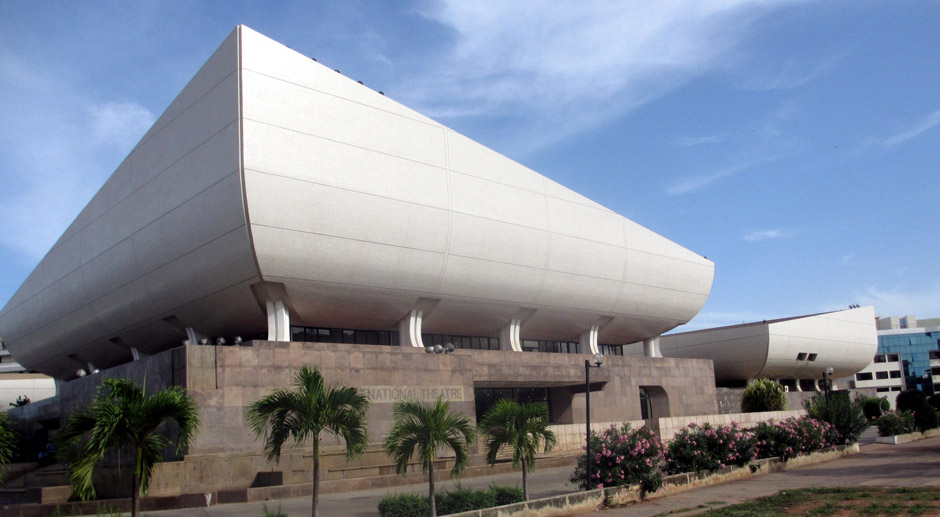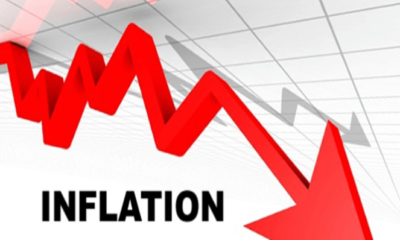That theatre and its philosophy are grossly misunderstood in Ghanaian society due to deep ignorance about what theatre is all about cannot be disputed by any sincere authoritative expert of theatre or theatre critic. Before I begin my discourse on this important topic, let me first explicitly explain what theatre is all about and its all-encompassing implementation in any human society, in the past, in the present, and, for that matter, in the future.
The word or term theatre is derived from the root Greek word “theatron”. This word literally means “seeing place.”
And what does this mean, by the way?
Theatre is intrinsically a reflection or mirror of what takes place or happens in the society of humans. It mirrors all that human beings do daily in their lifestyles by their interactions with each other.
Writers or playwrights who write in theatre create stories about what happens in society, and these stories are acted out on stage for the audience to watch. The stories may have subjects and themes on issues of health, agriculture, sanitation, education, politics, history, religion, tradition, etc. in society.
Thus, playwrights in society observe and see how human beings behave in their daily lifestyles, and write stories about these to be acted on stage for an audience to watch, for the purpose of information, education and entertainment.
And in this way, it can be said that theatre, or “theatron” for that matter, is a projection of all issues that emanate from the actions and activities of human beings living in a particular society or nation.
Theatre is, therefore, a part and parcel of society; and it is embedded in the character or lifestyles of the people.
Writers and playwrights, by their writings or works, can reprove, admonish, inspire, and direct the people in all fields of human endeavour and, in a way, preserve and precipitate the progress and development of a society or nation.
It must be noted that it was the result of a vibrant theatre practice that the ancient Greeks achieved the Golden Age of Civilization in the 5th century B.C. during the reign of King Perides. At this time in recorded history, theatre was at its apogee of practice in ancient Greece.
The ancient Greeks left their great achievements of knowledge, enlightenment, and advancement in all fields of human endeavour—arts, science, and technology—to the Romans, who pursued theatre practice to reach their enlightenment and greatness as the great Roman Empire of the ancient world, which survived and lasted for many many years.
The great Roman Empire became the source of knowledge and enlightenment to the rest of the world.
And now, in the modern world of today, countries such as America and China have achieved great wealth, power and advancement as a result of a vibrant theatre practice.
It will be of much interest to note that America, the most wealthy and powerful nation on earth today, derives two-thirds of its revenue generation capacity to build its powerful economy from theatre and its adjuncts, film production, music, and dance!
This indisputable fact and truth may sound amazing to many a lay Ghanaian citizen who, up until now, despises theatre practise owing to deep ignorance and does not know what theatre is all about. Indeed, theatre is the sine qua non of knowledge, enlightenment, development, and prosperity for all nations in the past, present, and future!
The unpalatable Ghanaian situation of ignorance about the priceless value of theatre and development beats one’s understanding so much to the extent that one wonders about the fact that literary Ghanaian theatre began in the early 1960’s, and it has yet to make a great impact in Ghanaian society!
Although Ghana possesses a gigantic theatre complex building in Accra, the capital city of Ghana, which was built at a huge cost of 10 million U/S Dollars loan from the Chinese government and was negotiated for by the erstwhile PNDC government under Ft. Lt. Jerry John Rawlings of blessed memory, Ghana is still yet to find her feet in vibrant theatre practice.
The theatre psyche in Ghana as of now, is extremely low to incite vibrant theatre practice!
In light of the present low theatre psyche in Ghana, I will humbly suggest that the Ministry of Tourism and Creative Arts and the National Commission on Culture should collaborate now, brainstorm ideas, and develop a blueprint for the effective promotion of theatre practice in the country to meet world standards.
In his book titled “Black African Theatre and Its Social Functions” Tayeb Sadiki, the world-renowned Moroccan dramatist and theatre practitioner, stated, “If you want to build a nation, start with a national theatre”, and Ghana has a gigantic theatre building complex to promote vibrant theatre practice.
In conclusion, I state categorically that Ghana needs to develop her theatre practice to a very high level to meet the world’s standards so that her developmental aspirations can be accelerated to bring about a very high level of development; for theatre is the sine qua non for all developmental aspirations, and Ghana cannot be an exception to this universal rule.


 Sports1 day ago
Sports1 day ago
 Metro2 days ago
Metro2 days ago
 Metro15 hours ago
Metro15 hours ago
 Tech2 days ago
Tech2 days ago





























